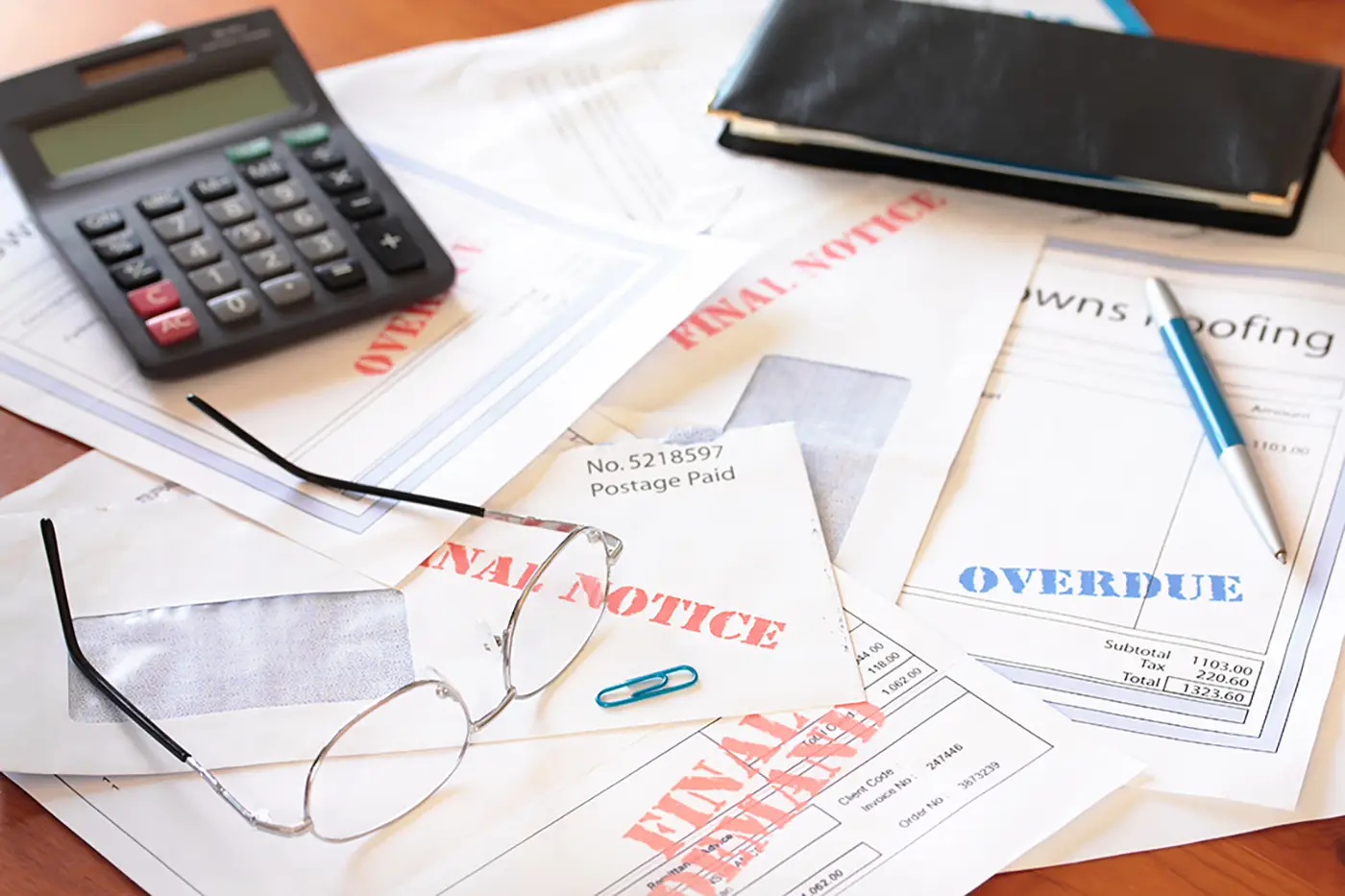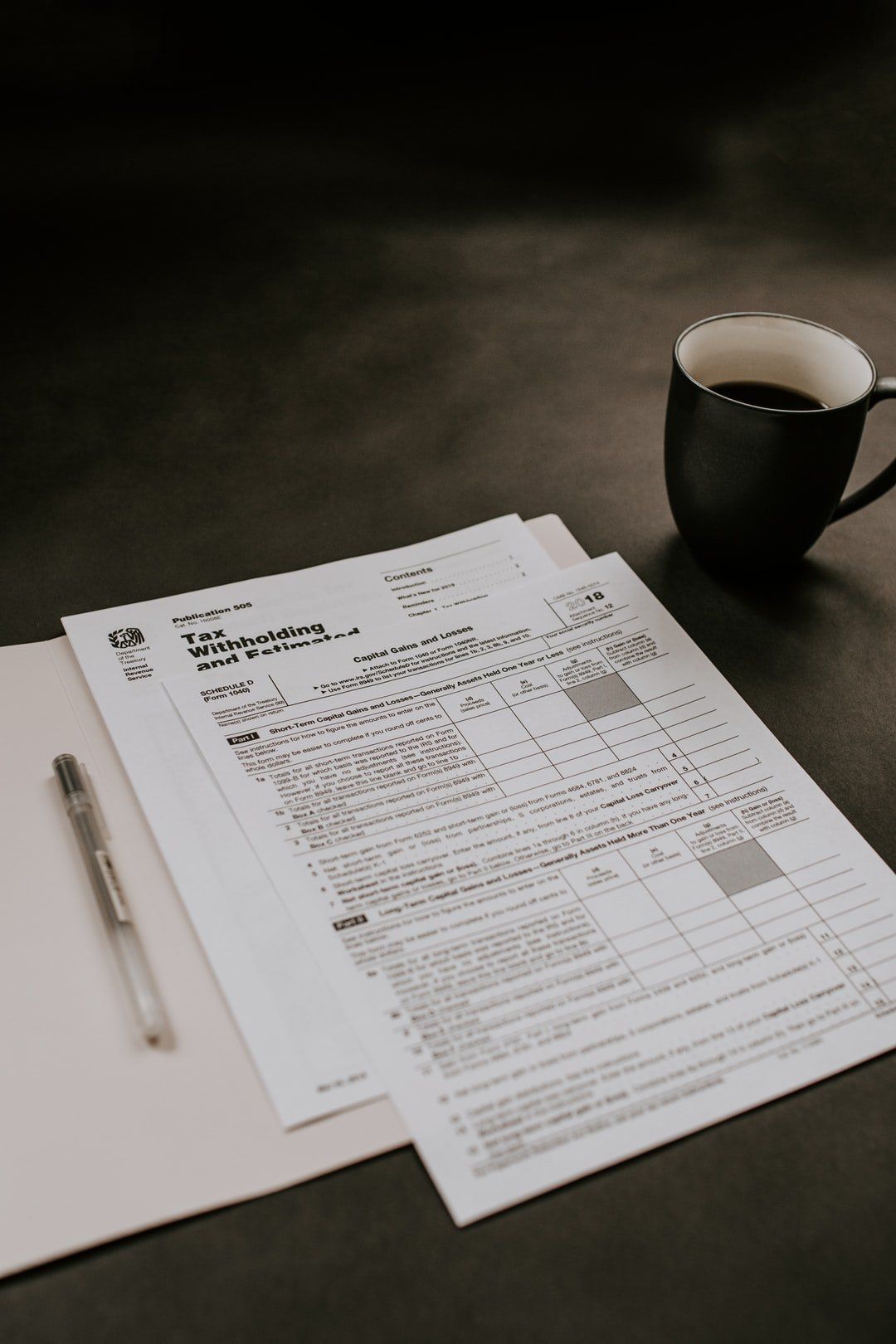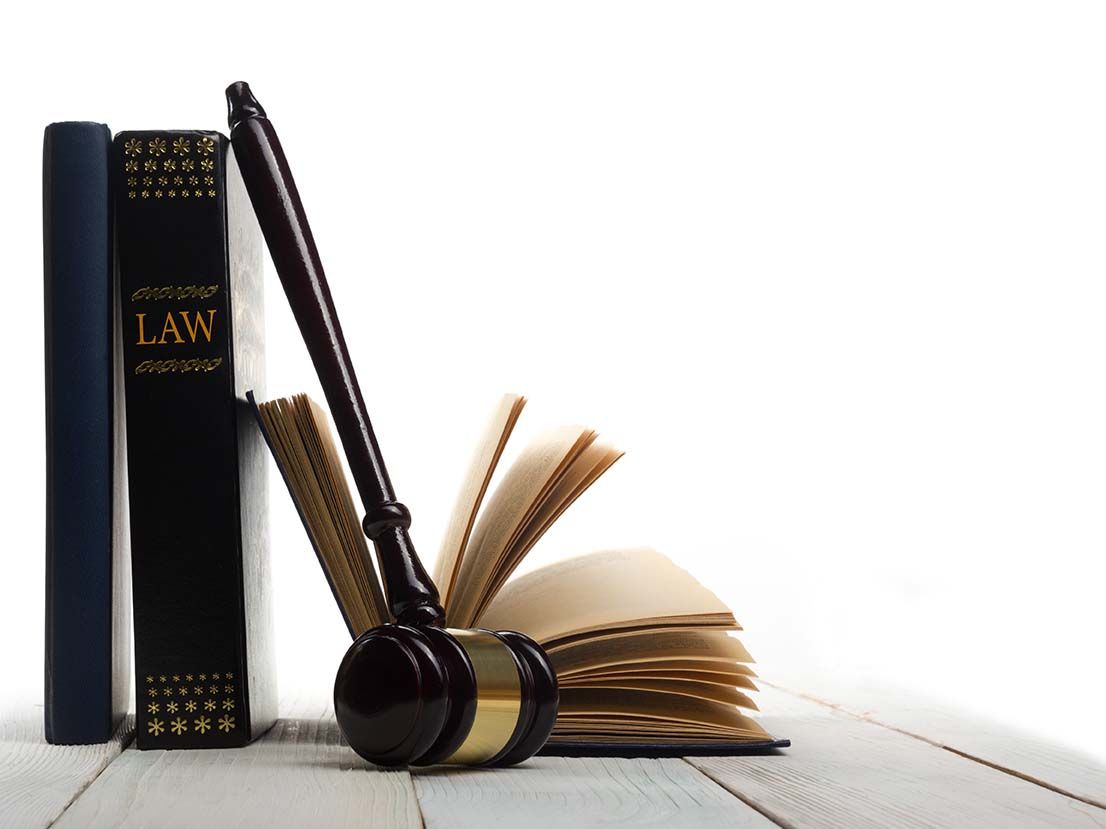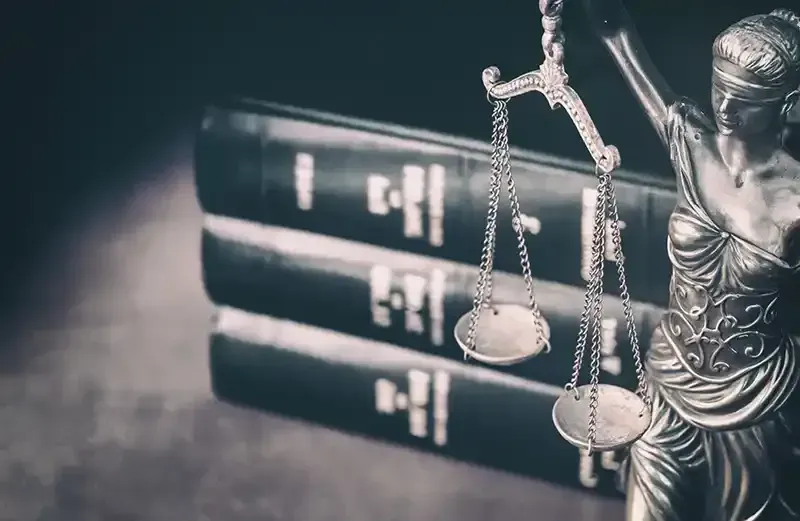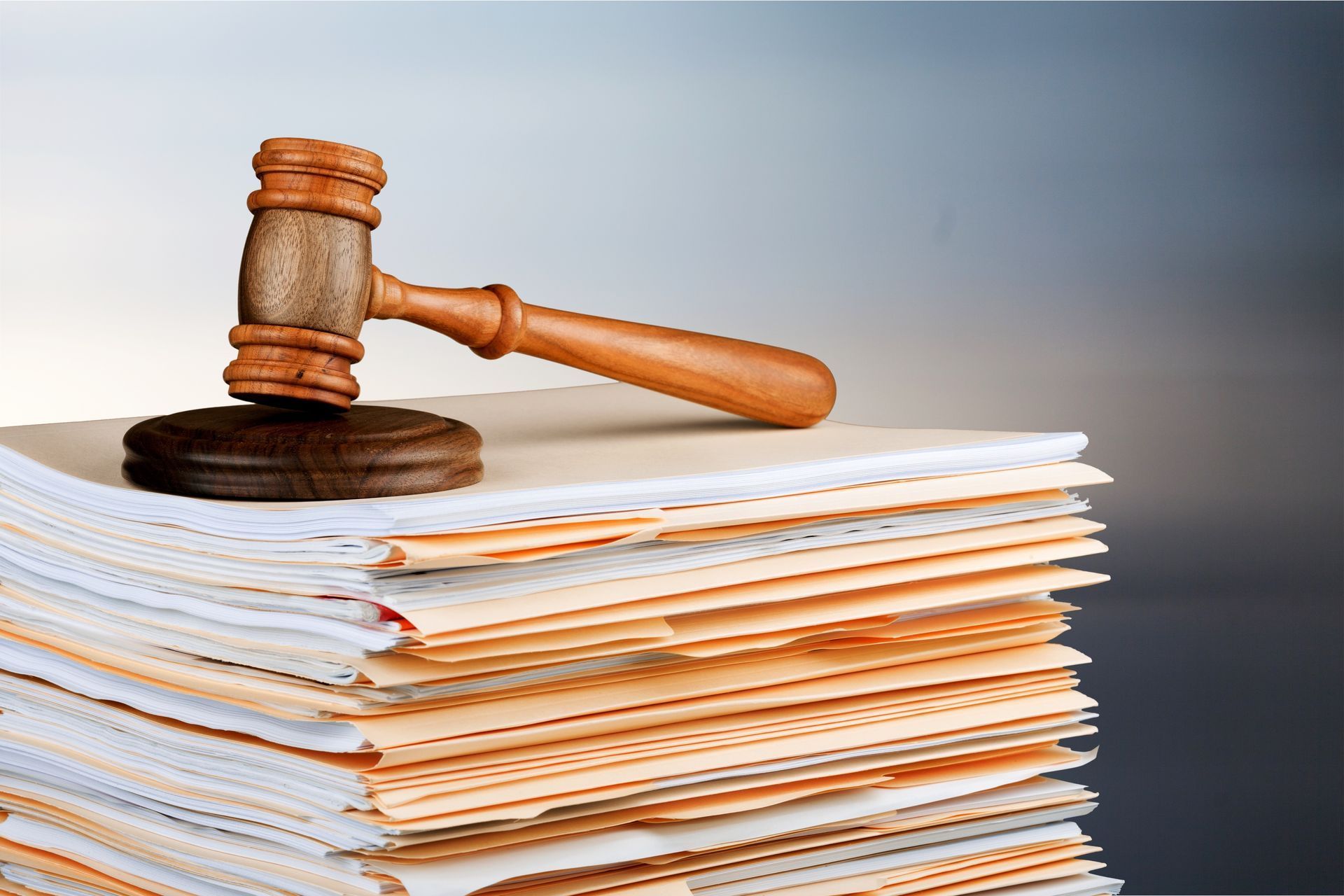Understanding Chapter 11 Bankruptcy
Understanding Chapter 11 Bankruptcy
It can be heartbreaking when you and your business suffer a devastating financial blow and can't get back above water. Bankruptcy can be a scary prospect, especially since it will affect your credit rating. As they say, though, there is a beginning with every end, and bankruptcy may be the avenue that lets you start over. This article will give you a primer on Chapter 11 bankruptcy and how it works.
Bankruptcy, Generally
If you cannot repay your outstanding debts, it may feel like you will free fall forever. For many people, bankruptcy represents hitting rock bottom. However, when you've hit rock bottom, that's when you can start climbing back up. When you declare bankruptcy, it's like a hard reset for your finances. It allows you to move forward and provides creditors with a measure of repayment.
The bankruptcy process is governed by federal legislation and, in most cases, begins when the debtor files a petition for bankruptcy. While bankruptcy cases move through federal courts and are presided over by a bankruptcy judge, the actual administration of the matter is usually handled by a bankruptcy trustee, who represents the debtor — except in Chapter 11 cases, as we will see.
Why Chapter 11?
There are three types of bankruptcy: Chapter 7, 11, and 13.
Chapter 7 bankruptcy is, at its heart, a liquidation plan. You agree to shut down your business and liquidate assets to pay off as much of your debt as possible, after which any remaining debts are dismissed. There is an income requirement for Chapter 7 bankruptcies.
Chapter 13 bankruptcies are used by individuals who have a stable income — which is why it is sometimes called the "wage earner's plan." They must submit and follow a plan to repay their debts in three to five years. After that, you pay a determined amount to the trustee every month, and the trustee remits the payment to your creditors.
Chapter 11 is favored by corporations and partnerships. However, it is also open to individuals because it allows you to keep the business afloat and creditors at bay as you restructure your debts and repay them over time.
What Happens When You File For Chapter 11 Bankruptcy?
Unlike the other types of bankruptcy, your business becomes a "debtor in possession" after a Chapter 11 petition is filed. As a result, the company will keep control of its assets during the Chapter 11 process rather than transferring power to a bankruptcy trustee. Therefore, the business can continue running under the same management and ownership. You still have to fulfill the trustee's duties, though. And you must account for property, examine and answer claims, and file reports.
The big advantage of being a "debtor in possession" is that you can acquire debtor-in-possession financing and new loans, which in many cases have better rates than what the business would have been able to get before filing. You can also cancel contracts and leases that cost too much unilaterally. If the court approves, you can also sell underused assets even if they have liens against them. This means it is even possible to rebuild the business's financial health.
While the case proceeds, creditors must cease with their collection efforts — no more requests for repayment, lawsuits, or threats of eviction, foreclosure, and property seizure. Meanwhile, you must submit detailed information about the business's assets, debts, income, and expenses.
What Is A Reorganization Plan?
As part of Chapter 11 proceedings, you and your business must develop a proposal that outlines how much each of the creditors will get paid. The plan is presented in court, and then you meet with a committee of the major creditors, which the court appoints. This is called a Section 341 meeting, and the creditors get to ask questions about the business. The representative for the company provides answers under oath.
The creditors then compile and submit the modifications they want to the plan. Of course, these proposed modifications can be pretty extensive. After all, the creditors will understandably try to recover as much of their particular debts as possible. The two sides will propose amendments back and forth, usually resulting in a heavily modified plan. When the court approves this version, the creditors vote on it. If two-thirds of the creditors accept the plan, the court confirms it, and the court proceedings are done. All the creditors, whether they are in the majority or minority of votes, must accept the terms of the plan, even if it means not recovering the entire sum owed to them.
The business is obliged to make the payments according to the plan, and as long as this happens without default, the debts are considered discharged in law.
Does Chapter 11 Bankruptcy Have Limits?
Chapter 11 bankruptcies work well for corporations because they are legally separate entities from their owners. As a result, shareholders are protected from creditors and their collection efforts. However, if a sole proprietor applies for Chapter 11 bankruptcy, they could still be held personally liable for the business's debts. Therefore, even with partnerships, you sometimes see the members' assets used to pay the creditors if you can only discharge your liability by declaring personal bankruptcy as an individual in these circumstances.
Your business may retain its current ownership and management, but if creditors feel that you aren't running it properly, are misusing assets, or have no real chance of continuing operations properly, they can ask the court to convert the Chapter 11 proceedings into a Chapter 7 liquidation proceeding. If this happens, the business closes shop. Alternatively, the court could simply dismiss the Chapter 11 action, at which point you are once again at the whim of your creditors. There is also the possibility that you can't make your Chapter 11 plan work and have to close anyway without converting to a Chapter 7 bankruptcy.
Chapter 11 bankruptcy proceedings are both expensive and lengthy, unfortunately. Apart from the filing and administrative fees, quarterly court fees can be in the tens of thousands of dollars — depending on the circumstances. While a Chapter 7 case could resolve in a few months, Chapter 11s can easily run between half a year to two years. You have 18 months to submit a reorganization plan, and it can be an additional 20 or so months before creditors accept it.
Due to the complexity and stakes involved in Chapter 11 bankruptcies, you must always retain a bankruptcy lawyer — and potentially other experts — to ensure that the process goes as smoothly as possible.
